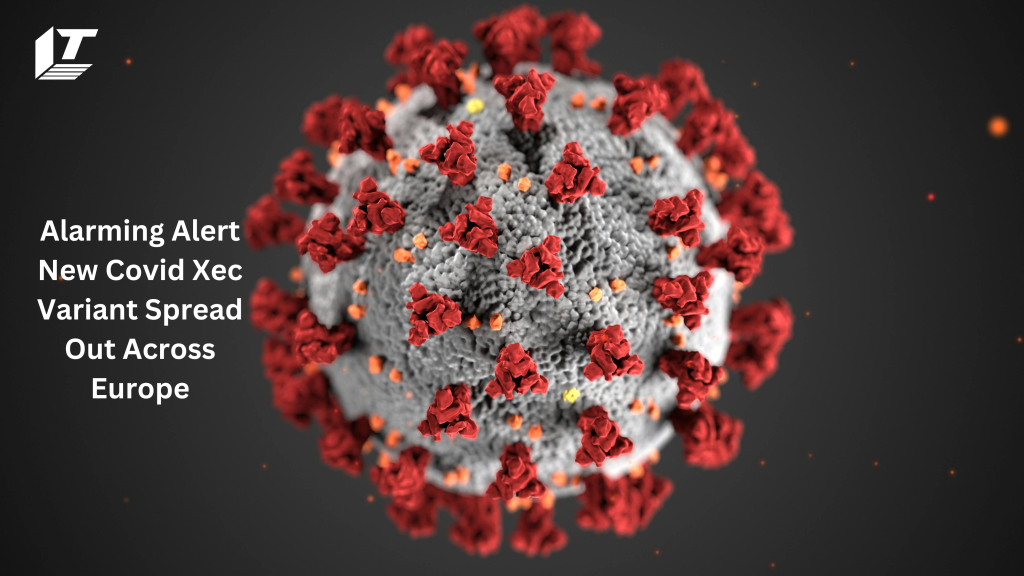Experts have warned that a new, “stronger” form of Covid-19 is “just starting” and spreading rapidly across Europe and the rest of the world.
Since its first discovery in Germany in June, 15 nations on three continents have been linked to the XEC strain.
As the weather cools, experts predict that this strain will take over as the dominant variety within a few months.
In California, Eric Topol, director of the Scripps Research Translational Institute, said XEC “is just getting started around the world and here.”
‘And it’s going to take several weeks, a few months, before it really takes root and starts making waves,’ he said, speaking to the LA Times.
We explain everything you should know about the XEC type, including its symptoms and safety precautions.
What symptoms are associated with the XEC variant?
Various symptoms of XEC Covid are similar to common respiratory illnesses including flu and colds. While the majority of people recover within a few weeks, others may need longer, and are likely to be hospitalized for more serious illness.
The NHS provides the following list of up-to-date symptoms of Covid-19:
• a high temperature or shivering (chills) – a high temperature means you feel hot to touch on your chest or back (you do not need to measure your temperature)
• a new, continuous cough – this means coughing a lot for more than an hour, or 3 or more coughing episodes in 24 hours
• a loss or change to your sense of smell or taste
• shortness of breath
• feeling tired or exhausted
• an aching body
• a headache
• a sore throat
• a blocked or runny nose
• loss of appetite
• diarrhoea
• feeling sick or being sick
Over the past few years, some variants of Covid have appeared to be more severe than others.
However, we will have to wait a few more weeks or months for medical professionals to determine the severity of symptoms caused by this strain to determine if this is the case with XEC.
How to Protect Yourself from Covid XEC Variant?
You should take the same precautions you did with previous Covid versions to protect yourself from this latest one, such as keeping up to date on vaccinations and booster shops. Although vaccines cannot completely prevent infection, they are still the best defense against serious illness, hospitalization, and even death.
If you have the virus or live with someone who is more prone to serious illness, wearing a face mask can also help protect you from it, especially in crowded or poorly ventilated indoor environments. i Increasing indoor ventilation whenever possible can help reduce the risk of infection.
It is also advised to avoid crowds and maintain physical distance from other people. It is important to continue to practice basic hygiene, such as washing your hands thoroughly with soap and water.
To prevent further spread of the virus, you should self-isolate if you experience any symptoms or have been in contact with an infected person.
What to do in the Event that a Positive Test Result?
The NHS advises that if you test positive for COVID-19 or are experiencing symptoms, get plenty of rest and drink plenty of water. Ibuprofen or paracetamol may be helpful to relieve symptoms.
A spoonful of honey can help relieve a cough, but is not recommended for children under one year of age. The NHS recommends sitting up straight, relaxing your shoulders, leaning forward slightly, and breathing deeply and deliberately “through your nose and out your mouth, with your lips as you gently blow a candle”.
Ada Spark is a tech explorer and creative content creator with 6+ years of experience. Appreciate teamwork and creative strategies to promote content. Always looking to work according to the latest trends and create content that makes a difference. Also familiar with infographics and other forms of content.








